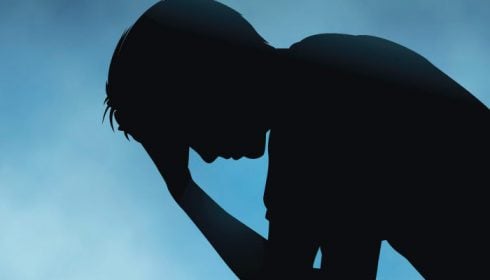Since the Covid-19 epidemic, mental health problems have risen dramatically in Spain. The biggest increase has been noted among young males.
The Spanish Health Survey, which is conducted every four-years by the National Institute of Statistics and Statistics (INE), shows that the overall number of people reporting depression has tripled.
The figures confirm what the doctors have been telling their patients for the last 3 years.
READ MORE


Pandemic-related mental health issues have increased dramatically. Schools and workplaces were closed, lockdowns were implemented.
This also reflects the experience of many other countries.
The INE data is for the period 2019-2023. It shows that 15% of the respondents to the INE survey had a serious problem with their mental health within a week before submitting the questionnaire.
Over half that number described themselves as having a ‘severe depressive condition’.
Comparing 2019 to 2014, the overall figures are up by nearly half.
According to the INE, the most alarming numbers are amongst the elderly and young.
Depression is most common among people 65 and older, with a prevalence of 19.5%. This rises to 37% for those 85 years and over.
The report shows that the age range of 15-24 years is a significant increase from last year’s study.
‘Moderate’ instances of depression have tripled in that age band from 1.3% to 4.5% while severe cases rose six-fold from 1% to 5.9% in just four years.
The gender gap is also evident, with women reporting depression at a rate of over 10% higher than men.
Spanish Health Study’s other findings have shown a decline in alcohol consumption and tobacco use.
The Covid pandemic has raised the awareness of the elderly about the importance of getting vaccinated against flu each year.
In 2023, vaccination rates for those aged 65 and over reached 67%, up 12.5% from 2019.
 Costa News Spain Breaking News | English News in Spain.
Costa News Spain Breaking News | English News in Spain.







